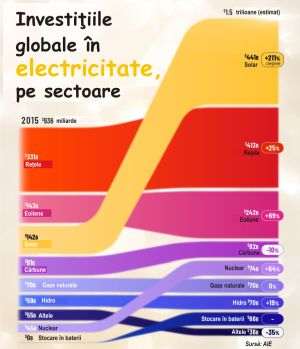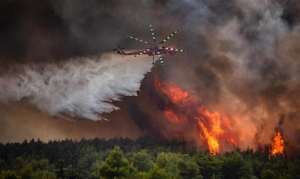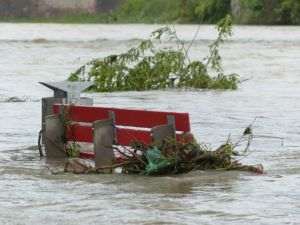Gazprom Export, the subsidiary of Russian energy group Gazprom, has announced yesterday that by the end of this year will hold an auction for the supply of natural gas to Estonia, Latvia and Lithuania in 2016, Itar Tass reports.
The Russian company said that the auction will establish the terms for the delivery of the natural gas once the contracts once contracts valid until the end of 2015 expire.
"Gazprom Export intends to hold an auction for the supply of natural gas to the Baltic countries in 2016", said Gazprom Export, the biggest exporter of natural gas.
Gazprom Export is the only entity in Russia that has the authorization to export natural gas. The company sells natural gas based on long-term contracts. In 2014, Gazprom exported 2.5 billion cubic meters of natural gas to Lithuania, one billion cubic meters to Latvia and 400 million cubic meters to Estonia.
In September this year, Gazprom Export has organized its first auction for the sale of natural gas, in order to provide its main European partners with an alternative to the controversial system of long-term contracts. At the time, Gazprom trued to sell in an auction a volume of 3.24 billion cubic meters of natural gas to a number of major European and Russian companies, such as Vitol, E.ON, Engie, Goldman Sachs, Glencore and Novatek.
However, when the auction was done, Gazprom had only sold one third of that volume of natural gas offered in its first auction held for European buyers, as it opted to get higher prices as the regional markets are in a state of oversupply and commodity prices are dropping.
So far, Gazprom has predominantly used long term sales contracts, in which the price of natural gas is tied to the price of oil and furthermore requires customers to acquire a minimum level of natural gas. Lately however, Gazprom has been forced to make some concessions to some of its biggest customers, whom, thanks to negotiations or arbitrage proceedings have been awarded the drop of the price stipulated in the contracts due to the inclusion of the spot market prices in the pricing formula.
According to Agerpres, Gazprom supplies one third of Europe's consumption of natural gas, but in the context of the Ukrainian crisis, Europe wants to reduce its dependency on Russia by diversifying its supply sources.


































































